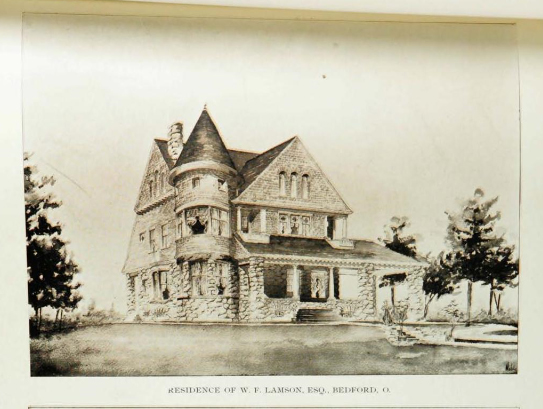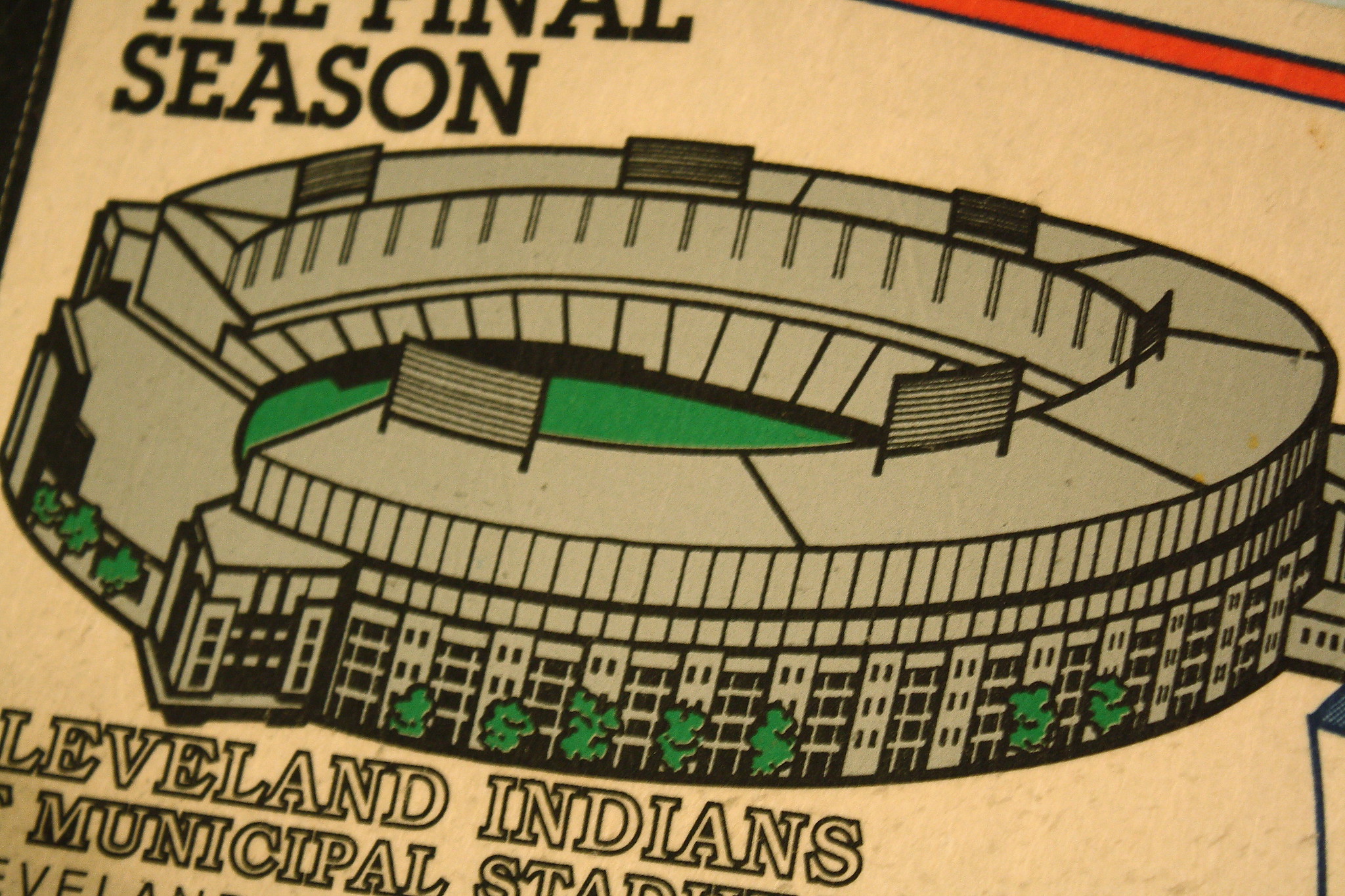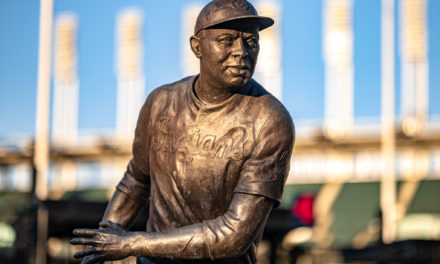Cleveland History
- March 4, 1895: The founding of the Cleveland Park System, also known as the “Emerald Necklace,” began with the establishment of the Cleveland Metroparks. This significant development marked the start of one of the most extensive and oldest park systems in the U.S.
- March 5, 1931: The groundbreaking ceremony for the Hope Memorial Bridge (formerly known as the Lorain-Carnegie Bridge), a significant infrastructure project that would become an iconic symbol of Cleveland, connecting the city’s east and west sides.
- March 6, 1976: The Cleveland Cavaliers clinched a crucial victory against the Washington Bullets, a game that underscored the team’s improving performance and significance in the NBA during the mid-1970s.
- March 8, 1969: Cleveland’s Cuyahoga Community College, the city’s first community college and one of the largest in Ohio, officially dedicated its Metropolitan Campus, expanding educational opportunities for residents.
- March 10, 1994: The Rock and Roll Hall of Fame Foundation announced that Cleveland, Ohio, would be the site of the Rock and Roll Hall of Fame and Museum, a decision that celebrated the city’s rich musical heritage and its pivotal role in the history of rock music.
World History
- March 4, 1789: The United States Constitution went into effect as the governing document of the country, after being ratified by nine states, marking the beginning of the new government under its framework.
- March 5, 1946: Winston Churchill delivered his famous “Iron Curtain” speech at Westminster College in Fulton, Missouri, effectively marking the start of the Cold War between the Western Allies and the Soviet Union.
- March 6, 1957: Ghana became the first sub-Saharan African country to gain independence from colonial rule, with Kwame Nkrumah as its leader, signaling the beginning of the end for European colonialism in Africa.
- March 8, 1917: The February Revolution began in Russia (using the Julian calendar then in use in Russia, hence known as the February Revolution), leading to the abdication of Tsar Nicholas II and the eventual rise of the Soviet Union.
- March 10, 1876: Alexander Graham Bell made the first successful telephone call by saying, “Mr. Watson, come here, I want to see you,” to his assistant, Thomas Watson, marking a pivotal moment in communication technology.






